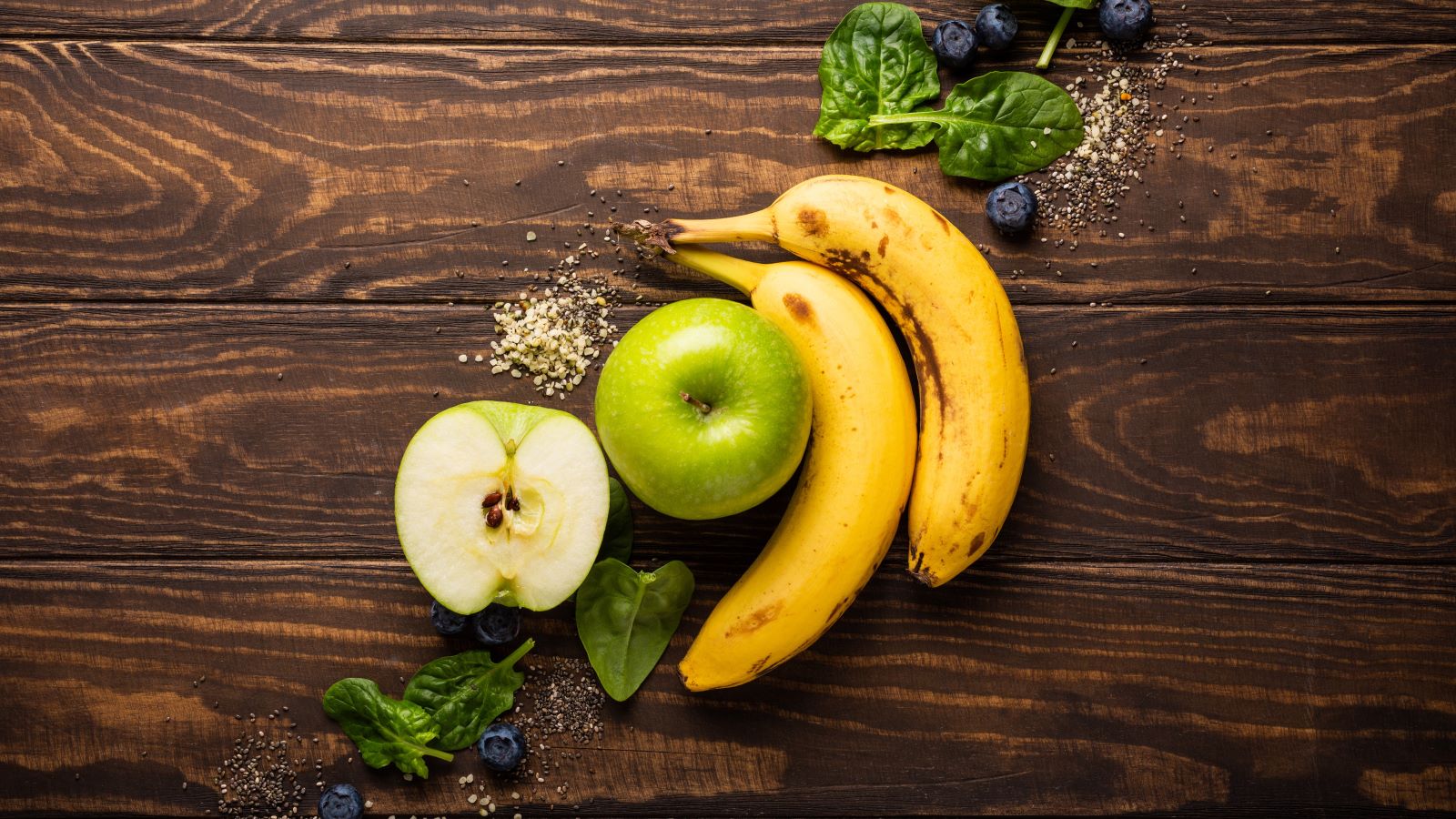A hiatal hernia not only impacts your health. It may also change your grocery list.
“The majority of hiatal hernias do not need surgery and can be managed with lifestyle modifications or medications,” says Justin Van Backer, MD, a thoracic surgeon with Hartford HealthCare. “It’s important to be evaluated to figure out the best treatment options.”
Food may be a big part of your lifestyle changes.
Need some direction? Dr. Van Backer shares some do’s and don’ts for finding a diet to follow with a hiatal hernia.
Hiatal hernias happen when your stomach shifts into your chest cavity.
When the stomach slips into the chest through a natural opening between the chest and abdominal cavities, you may end up with a hiatal hernia.
“The esophagus is normally the only organ passing through, but due to age-related changes to the diaphragm and increased pressure in the abdomen from various causes (e.g., constipation and straining, childbirth, heavy lifting and obesity), the stomach can slide up into the center of the chest,” explains Dr. Van Backer.
If you have a small hiatal hernia, you might have no symptoms or just a few, like heartburn. As the hernia enlarges, symptoms often worsen, but not always.
If enough of the stomach slips into the chest, it can eventually twist. This may cause nausea, vomiting after eating, abdominal or chest pain and feeling fuller quickly after eating. You may also experience trouble swallowing.
> Related: 4 Ways to Tell If It’s Time for Hernia Surgery
Do I need to change my diet for my hiatal hernia?
“This depends,” answers Dr. Van Backer. “If patients have heartburn from the hiatal hernia, we usually recommend avoiding common trigger foods and alcohol, among others.”
“For those who have heartburn and who have more pain, nausea, or feeling full sooner, it’s important to avoid constipation and straining,” he adds. “If patients are feeling fuller quicker, having pain, or having trouble swallowing, they tend to eat less and begin losing weight. People often avoid doughy breads, tough meats and raw vegetables. They also generally tend to stick to a more liquid diet since it causes fewer symptoms.”
While Dr. Van Backer is about to share general food recommendations, he encourages you to see your doctor for your specific care plan.
> Want more health news? Text StartHere to 85209 to sign up for text alerts
Foods to eat if you have a hiatal hernia
These four food groups are a great foundation to build your eating plan:
- Lean meats (e.g., chicken, turkey)
- Non-citrus fruits (e.g., bananas and apples)
- Rice, pasta, breads
- Crackers, pretzels
Foods to avoid if you have a hiatal hernia
Depending on your symptoms or doctor’s recommendations, you may want to skip these:
- Spicy or fried foods
- Chocolate and mint
- Tomatoes/tomato-based sauces (especially with garlic)
- Citrus fruits
6 tips for managing your hiatal hernia
“Managing a hiatal hernia depends on the symptoms,” says Dr. Van Backer.
As a starting point, he offers several ways you can care for your hiatal hernia:
- Eat smaller, more frequent meals (e.g., 5-6 smaller meals per day vs. 3 large meals)
- Eat slowly and chew your food very well.
- Avoid trigger foods.
- Don’t go to bed for 3 hours after eating.
- Don’t lay flat in bed; propping yourself up can help.
- Consider weight loss. Central obesity can make symptoms worse, and weight loss can significantly improve symptoms.
When to see your doctor
While you’ll work closely with your physician on your hiatal hernia care, watch for signs that don’t feel right.
“There are symptoms that are worrisome,” says Dr. Van Backer. “If you can’t swallow, feel that food is stuck (or won’t pass), experience significant pain after eating, vomiting, or retching, it’s important to get evaluated quickly.”



